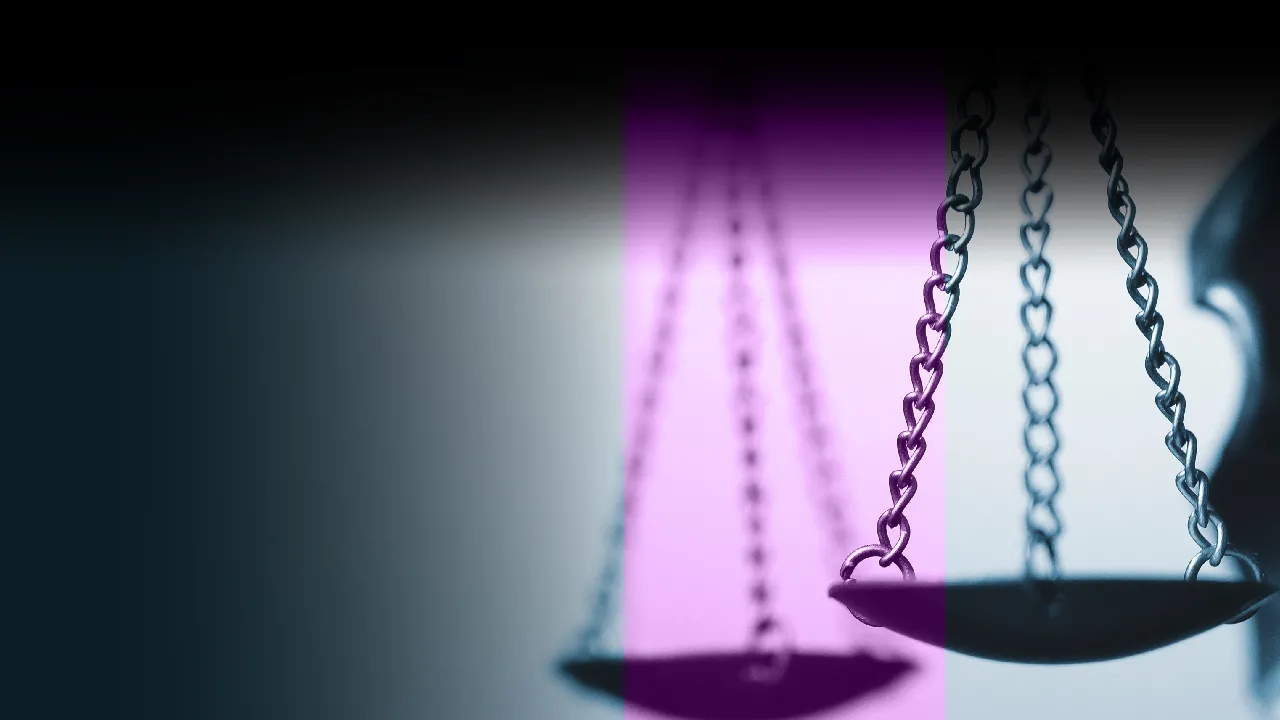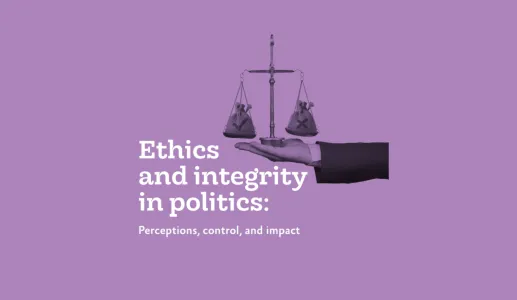
Ethics and integrity in politics: Perceptions, control and impact
Episodes of corruption undermine the credibility of the main democratic institutions – political parties, parliament, government – and contribute to the erosion of people’s trust in democracy. It is therefore essential for ethics in public life to be regulated. This study, unprecedented in the country, seeks to understand how we can improve ethics and integrity in political life.
How?
The research was conducted on the basis of data collected in two interconnected and complementary surveys one for political representatives and the other for public opinion.
To what end?
Throughout the study, the authors seek to answer four essential questions:
- Do citizens and politicians have the same expectations about ethical standards in politics?
- To what extent are politicians aware of the reputational risk associated with ethical misconduct in office?
- What self-regulatory measures are being implemented by parties, parliaments and governments to mitigate these risks?
- Do citizens and politicians assess the effectiveness of these measures to promote transparency and integrity in politics in the same way?
The quality of democracy depends to a large extent on the existence of a relationship of trust between citizens and their political representatives. In order to win voters' support and votes, politicians have to ensure that citizens trust them and feel represented. In turn, trust in politicians and political institutions generates trust in the public service, the market and social relations in general.
It was recognition of the importance of this relationship of trust that led Fundação Francisco Manuel dos Santos to launch this study.









